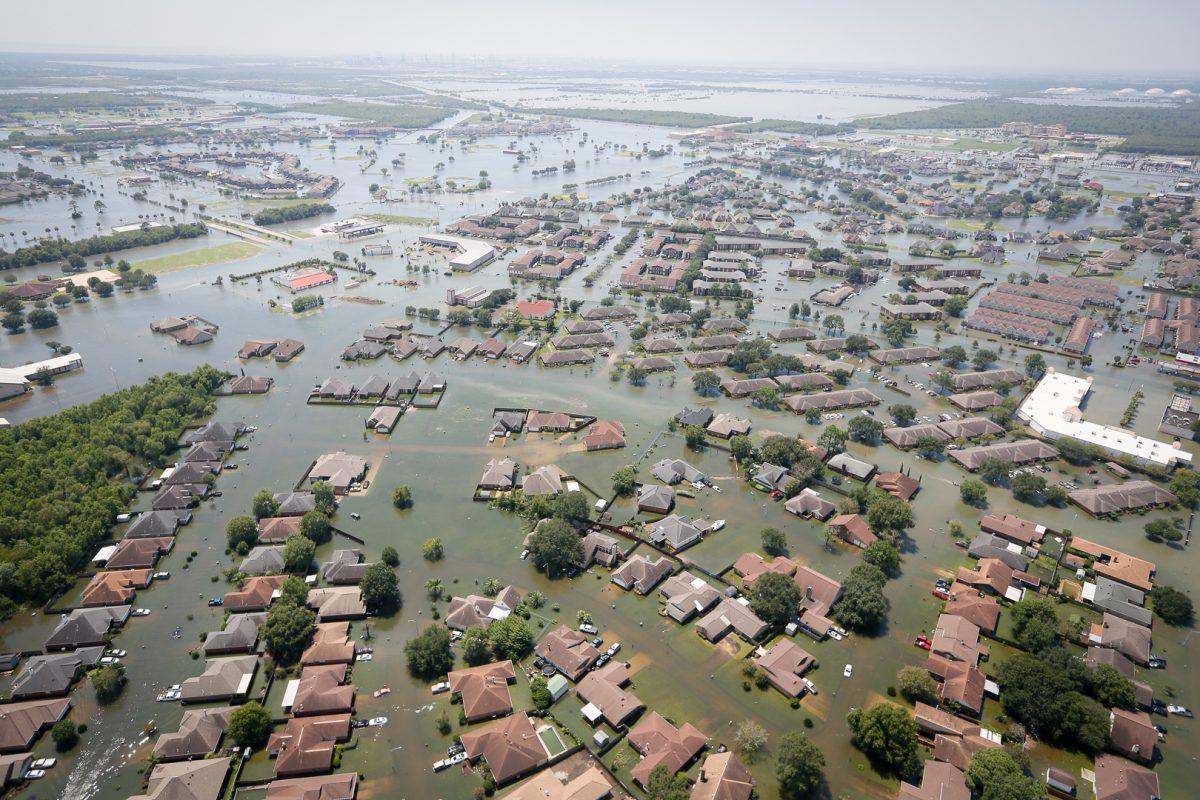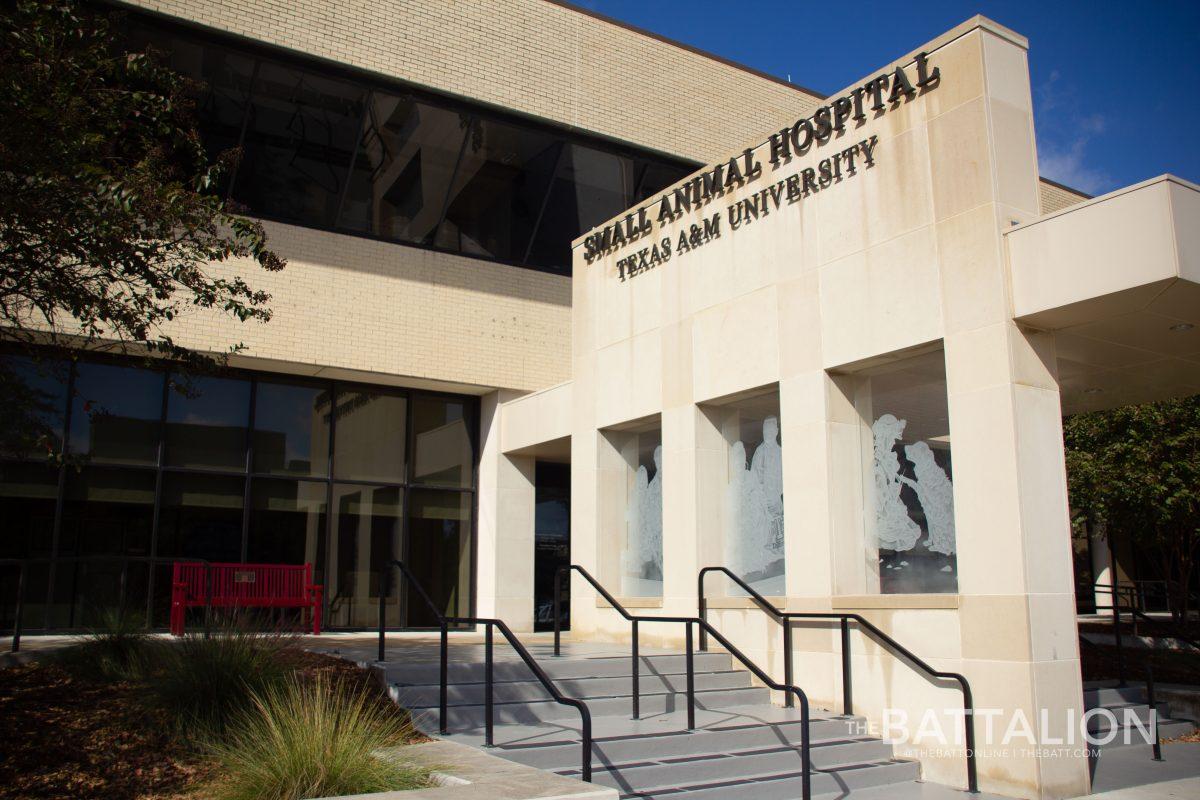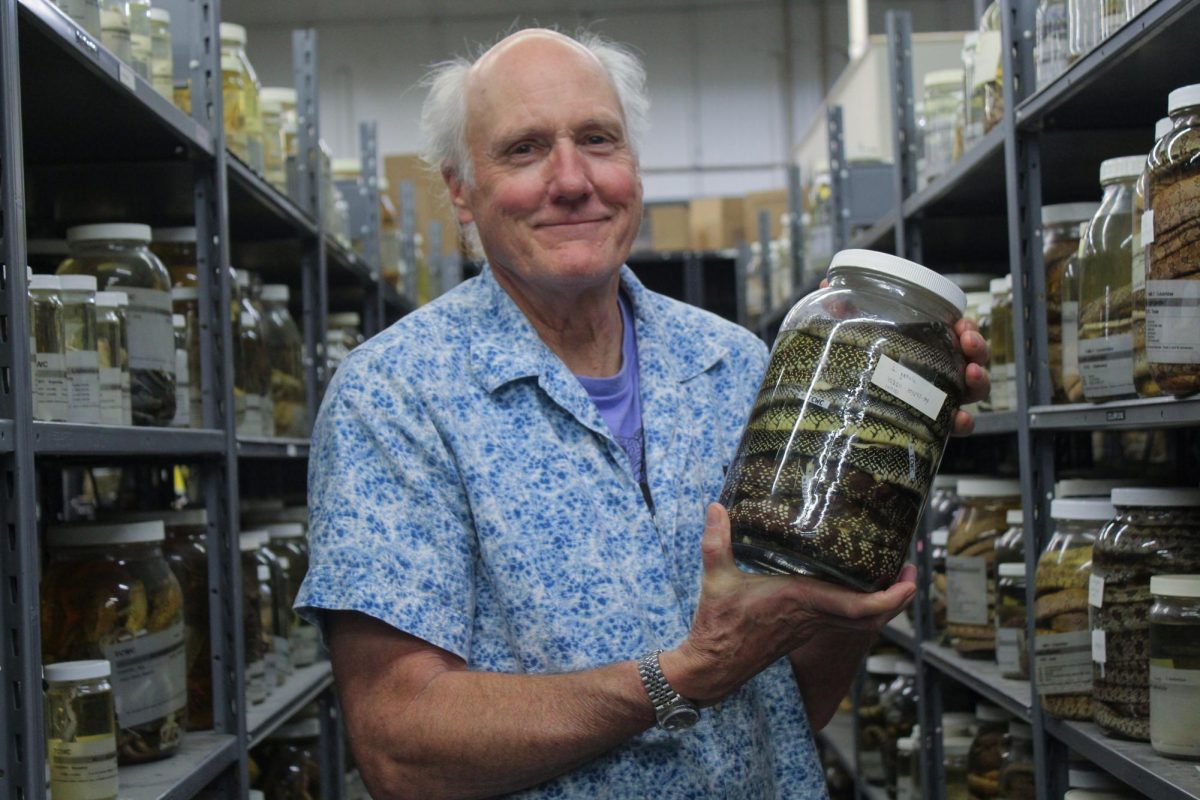Urban flooding is a significant problem in cities across the country, according to the new nationwide joint study between the University of Maryland and Texas A&M.
Although recent weather events in 2018 such as Hurricane Harvey received national press attention, much of the damage to urban areas was due to flooding not caused by riverine or coastal issues. The research for this issue started with support from A&M’s Hagler Institute for Advanced Study. The study found 10 separate conclusions from the research, including that urban flooding causes economic loss and significantly affects the issue of housing inequality, among other findings.
Jayton Rainey, graduate assistant researcher from Texas A&M University at Galveston, said a portion of the research was started from scratch. Rainey said the study does not delve too deeply into specific details, but instead focuses on the essential overarching situation the country faces.
“It was pretty much starting out the conversation, bringing to light the issue of urban flooding and just really elaborating what that meant and what the costs of that were for not only the local communities but the nation as a whole, and what we can do in the future to subside some of those issues,” Rainey said.
Urban flooding is not restricted to coastal or riverine cities, Rainey said. Man-made infrastructure and the lack of natural areas within cities to absorb rain water has caused rainfall to be trapped. The study also found that storm drains are often not kept up to standards, reducing the amount of rainfall that can travel through storm sewer systems.
“This is a human-induced issue,” Rainey said. “This is something where we are building in an environment where maybe we shouldn’t be building in, or if we do build in it, we’re not preparing ourselves for the consequences afterward.”
Sam Brody, director of the Center for Texas Beaches and Shores and professor of marine sciences at A&M-Galveston, said this report was released through a congressional briefing in late November sponsored by Sen. Dick Durbin and Rep. Mike Quigley, both Democrats from Illinois. Brody said they expected only a few congressional aides at first, but the room was packed with individuals interested in their work.
“The main finding is that urban flooding, as we defined it, is an issue of national importance,” Brody said. “It’s getting worse. There’s a combination of factors driving the problem, from aging infrastructure to changing rainfall patterns to not understanding the unintended consequences of the built environment. We brought this to the national attention of our decision makers before the shutdown, and this has led to more discussion and more work on the issue.”
Brody invited Gerald Galloway, research professor at the University of Maryland, to help study urban flooding. Galloway, who has been in the field for five decades, said little has changed in terms of how people prepare for and respond to flooding.
“The problem is our largest single natural disaster is flooding, and I’ve been doing this for 50 years and we haven’t come very far,” Galloway said. “People still put themselves at risk because they don’t understand.”
Many places that are cheaper to live are more likely to experience flooding, Galloway said. This puts poorer communities at greater risk for the effects of flooding.
“We had better figure out what we can do about it and help communities to help people,” Galloway said. “People who have less money tend to go to places that are cheaper — that was just pretty logical — so how are we going to help them know and understand what the risks they face are, and then what can we do when they go to these places [to make] them more safe.”
Galloway said action should be taken at every level of government to find a solution to urban flooding.
“We need to recognize there’s a problem and deal with it,” Galloway said.
Researchers examine urban flooding
January 24, 2019
Photo by Creative Commons
A new report shows that urban flooding is a problem worthy of national concern. Above: A Houston neighborhood faces heavy flooding during Hurricane Harvey in 2017.
0
Donate to The Battalion
$2790
$5000
Contributed
Our Goal
Your donation will support the student journalists of Texas A&M University - College Station. Your contribution will allow us to purchase equipment and cover our annual website hosting costs, in addition to paying freelance staffers for their work, travel costs for coverage and more!
More to Discover










